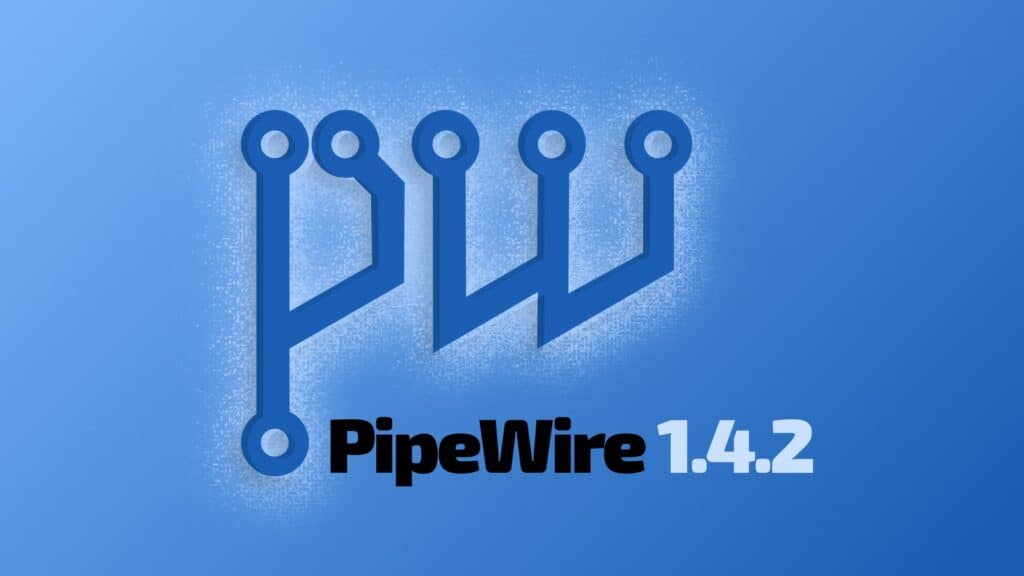A month after its previous 1.4.1 release, the PipeWire team announced the second bugfix update to the 1.4 series, v1.4.2, for this widely adopted Linux multimedia server that manages audio and video streams.
According to the official release notes, this new bugfix version primarily tackles high CPU usage when working with MIDI on older kernels and addresses several other concerns, including potential crashes in PipeWire’s POD builder.
The service files within PipeWire now depend on DBus, which helps eliminate startup race conditions. In addition, the SPA (Simple Plugin API) layer includes more robust checks for MIDI devices on older kernels, ensuring that users no longer encounter unexpected spikes in CPU usage.
Meanwhile, a fix for video adapters that uses Header metadata by default is expected to provide more consistent functionality for camera and video applications.
Beyond these core enhancements, the update helps guard against crashes by handling scenarios in which the POD builder overflows, especially in filtering situations. Users with video devices that rely on the Video4Linux2 (v4l2) subsystem will also appreciate better handling of the set_format result, ultimately facilitating smoother performance during video streams and recordings.
Furthermore, PipeWire 1.4.2 works around a known bug in libebur128—an improvement particularly relevant for anyone working with audio metering or loudness analysis.
On the user-facing front, the pw-cat utility sees a couple of meaningful changes. It now prefers AU format when streaming on stdout or stdin, which could simplify workflows for individuals who rely on streaming audio data directly through the terminal.
Additionally, verbose debug output for sndfile format is improved, helping users pinpoint configuration details and troubleshoot issues faster. The command-line experience also benefits from a new --channel-map long option for pw-loopback, making it easier to define the desired channel layout when setting up loopback connections.
Lastly, GStreamer users can expect notable reliability improvements in this version. A memory leak that previously affected the device provider has been patched, and support for negotiation processes—particularly around renegotiation—has been refined to reduce potential issues in complex media pipelines.
Refer to the changelog for more information about all changes in the new version.
